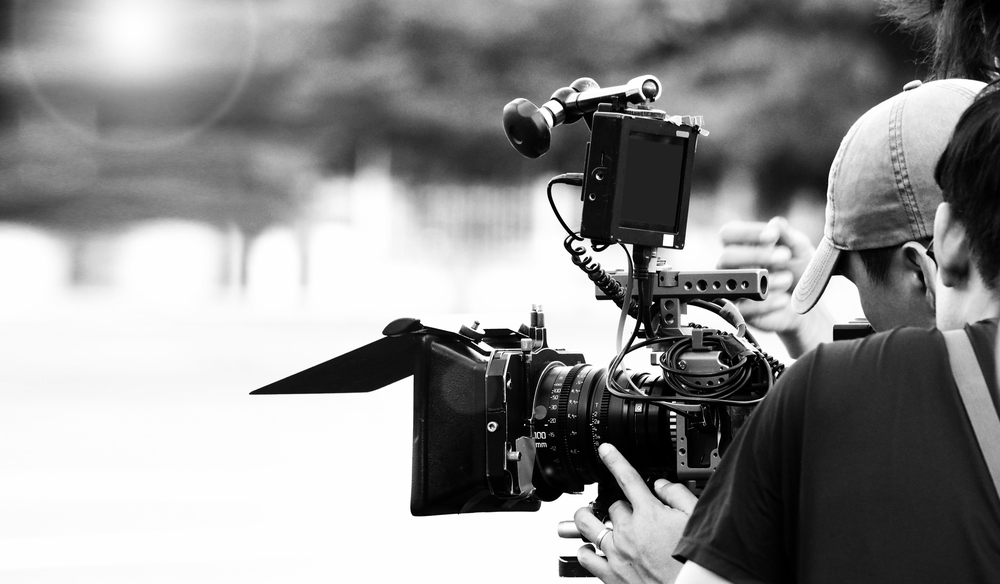
Selecting the right camera for filmmaking is a crucial decision that can significantly impact the quality and aesthetics of your films. With various options available on the market, from professional cinema cameras to consumer-grade DSLRs, navigating the choices can be overwhelming. To help you make the right decision, here are five key tips to consider when choosing the right camera for your filmmaking needs.
Determine Your Budget and Needs:
Before diving into the world of camera shopping, it's essential to establish your budget and identify your specific filmmaking requirements. Consider factors like the type of projects you'll be working on, your technical expertise, and your long-term filmmaking goals. Determine whether you need a camera primarily for independent filmmaking, documentary production, or commercial projects. By understanding your budget and needs upfront, you can narrow your options and focus on the best camera for filmmaking goals.
Consider Image Quality and Resolution:
Image quality is paramount in filmmaking, as it directly impacts your films' visual appeal and overall production value. When choosing a camera, consider sensor size, resolution, dynamic range, and low-light performance factors. While higher-resolution cameras offer greater detail and flexibility in post-production, they may also require more significant storage and processing resources. Evaluate the camera's image quality based on sample footage, reviews, and technical specifications to ensure it meets your standards for cinematic storytelling.
Assess Ergonomics and Handling:
Filmmaking often involves long hours of shooting in various environments, so choosing a camera that offers comfortable ergonomics and intuitive handling is essential. Consider factors like the camera's size, weight, grip, and button layout, as well as the availability of customizable controls and user-friendly menus. A well-designed camera will allow you to focus on capturing compelling shots without being hindered by discomfort or cumbersome controls. Test the camera's ergonomics in person whenever possible to ensure it feels comfortable and natural to use in real-world filming scenarios.
Evaluate Lens Compatibility and Accessories:
Your camera's versatility and creative potential are greatly influenced by its lens compatibility and accessory ecosystem. Consider whether the camera supports interchangeable lenses and provides various lens options to suit different shooting styles and scenarios. Additionally, assess the availability of essential accessories such as external monitors, audio recorders, stabilizers, and rigging systems, which can enhance your filmmaking capabilities and workflow efficiency. Choose a camera that seamlessly integrates with your existing gear and offers room for expansion as your skills and projects evolve.
Research Camera Features and Performance:
Before making a final decision, thoroughly research the camera's features, performance, and reputation within the filmmaking community. Pay attention to key factors such as video recording capabilities, frame rates, bit depth, codec options, autofocus performance, and battery life. For specific needs like wildlife filmmaking, consider features unique to that genre such as the best cellular trail camera with reliable connectivity and long battery life. Read reviews, watch sample footage, and seek feedback from fellow filmmakers to gain insights into the camera's strengths and weaknesses. Additionally, factors such as manufacturer support, firmware updates, and the availability of online resources and communities for troubleshooting and learning should be considered. By conducting thorough research, you can make the right decision and choose a camera that meets your filmmaking requirements and expectations.





